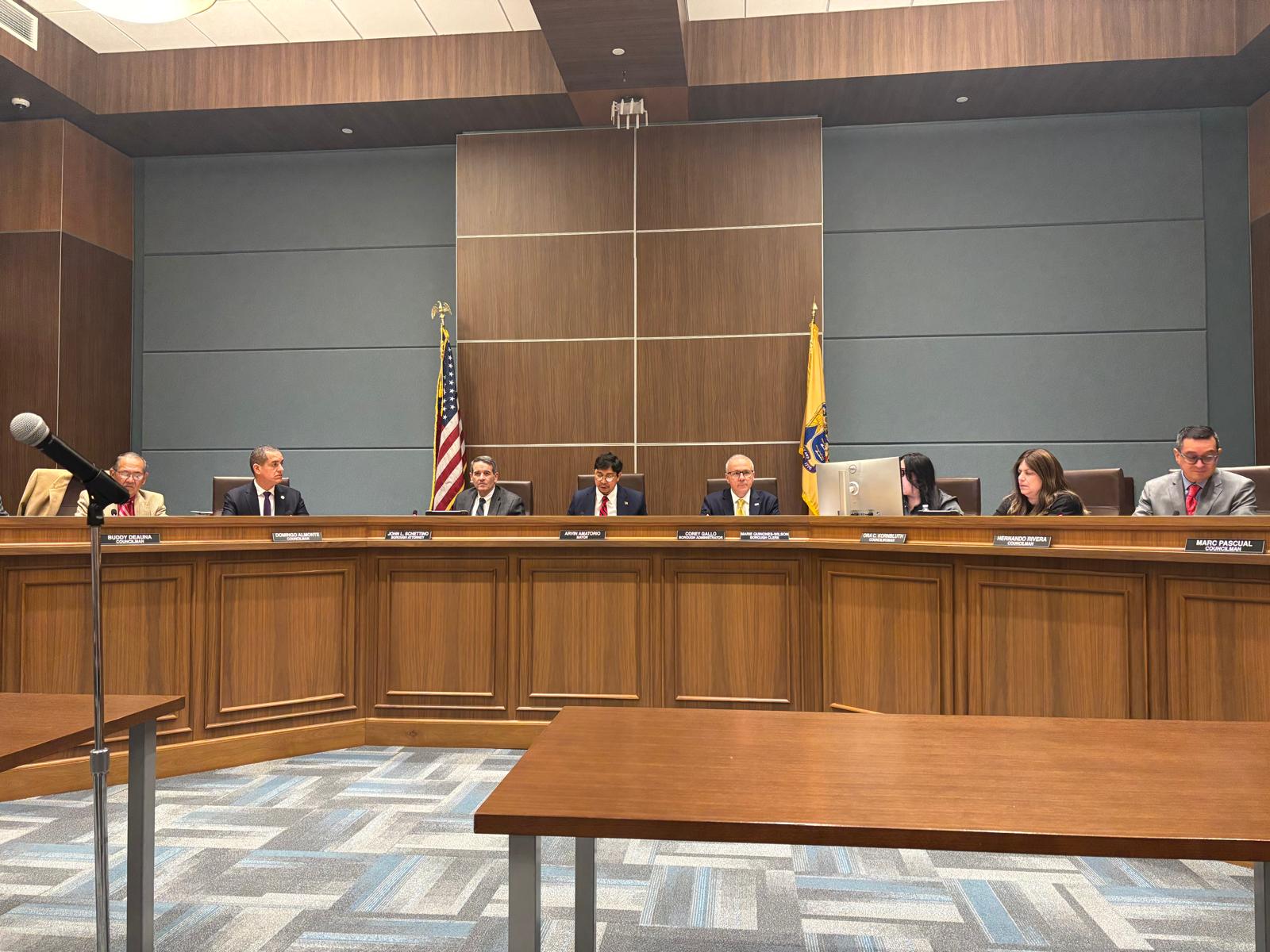After many years of slavery in Egypt, the time has come. God can easily take the people out of Egypt. What is standing in the way of this revolution of leaving Egypt? It’s not just Pharaoh and the Egyptians who stand in the way; it’s the Jewish people, too.
At the beginning of the parsha, we read some highly emotional passages where God speaks to Moshe. Past, present and future are described including Hashem’s promise to Avraham Avinu—to free the people and take them to the land of Israel. As the Torah says:
וַיְדַבֵּר מֹשֶׁה כֵּן אֶל בְּנֵי יִשְׂרָאֵל וְלֹא שָׁמְעוּ אֶל מֹשֶׁה מִקֹּצֶר רוּחַ וּמֵעֲבֹדָה קָשָׁה.“Moshe spoke thus to the children of Israel, but they did not listen to Moshe because of (their) shortness of breath/spirit and because of (their) hard labor.” (Shemot 6:9)
It is speaking about two separate matters. Not only physical slavery (hard labor), but spiritual servitude (shortness of breath/spirit). How do we prevent or ostensibly free ourselves from this sort of spiritual slavery today?
1. Avoid: working too much, information overload and FOMO.
In one of the famous ethical works, “The Path of the Just” (Mesilat Yesharim), by Rabbi Moshe Chaim Luzzato, we find this fundamental principle: “And here truly is one of the stratagems of the evil inclination and its deviousness—to burden people with so much work (and so many distractions, I might add) that they do not have any time to catch their breath, to look around and see where they are going.”
We know how much is happening on the Internet every minute. And much of it has to do with FOMO (fear of missing out). The Internet is primarily about distractions and you lose your breath and your spirit chasing after them—leaving you with a feeling of loss. In the midst of these distractions, we are challenged to find a place for Torah.
2. Torah
You want to avoid confusion and losing your way in this world? Torah is the one true device for doing so. In the words of the holy Or HaChaim, they did not listen to Moshe, “perhaps, because they did not hear words of Torah and, therefore, they were short of spirit, since the Torah widens the heart and spirit of a person.”
3. Shabbat
Another piece of advice: Shabbat. The children of Israel conducted a war with Pharaoh over keeping Shabbat. He permitted it, then banned it and was shocked to discover that on Shabbat they read scrolls of the book of Genesis—fondly clinging to the promises found there. Pharaoh understood that they used Shabbat for rest but also as a holy day for recharging their spirits. The Sefat Emet, Rav Yehuda Aryeh Leib Alter, says this explicitly. There is one day of the week in which we can desist from hard labor and expand our shortened spirits:
“They did not hear because of their shortness of spirit and because of their hard labor.” This means that during the week, the body rules the spirit. But on Shabbat, the opposite occurs, because an extra soul descends from above and enters the Jew, who at least refrains from the 39 kinds of work forbidden on Shabbat. Therefore, Shabbat is the right time to hear the word of Hashem.”
Shortness of spirit and hard labor can prevent us—even today—from going from slavery to freedom. We focused on three interpretations of this verse which sound simple, but aren’t so simple nowadays: making a place in our lives for important things despite distractions, learning Torah and keeping Shabbat.
Sivan Rahav-Meir is the World Mizrachi Scholar-in-Residence and an Israeli journalist and lecturer.













